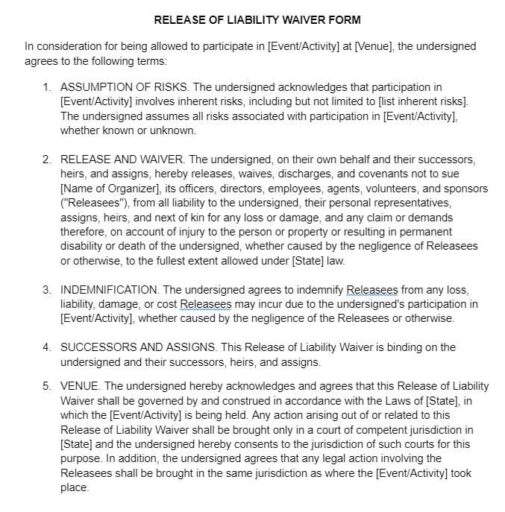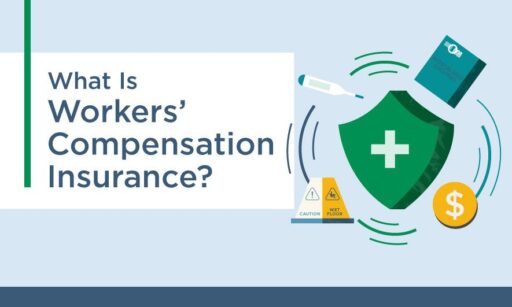Running a small business is no easy feat. From managing finances to dealing with employee logistics, there are countless tasks that require careful attention. One crucial aspect of being a small business owner is protecting your investment and assets. In this article, we will explore the various types of insurance that every small business owner should consider to ensure their business is adequately protected. Let’s dive in and discover the key types of insurance that will safeguard your business against potential risks and liabilities.

Liability Insurance: Protecting Your Business from Lawsuits and Claims
When it comes to running a small business, protecting your assets is crucial. One way to safeguard your business from potential lawsuits and claims is by having the right liability insurance in place. Liability insurance provides coverage for legal costs and damages that may arise if someone sues your business for negligence, bodily injury, or property damage.
There are several types of liability insurance that every small business owner should consider, including:
- General Liability Insurance: This type of insurance provides coverage for third-party bodily injury, property damage, and advertising injury claims.
- Professional Liability Insurance: Also known as errors and omissions insurance, this type of coverage protects against claims of negligence or inadequate work performance.
- Product Liability Insurance: If your business manufactures or sells products, product liability insurance can protect you from claims related to defects or injuries caused by your products.

Property Insurance: Safeguarding Your Assets and Equipment
When it comes to protecting your business assets and equipment, property insurance is essential. This type of insurance safeguards your physical property from various risks, including fire, theft, vandalism, and natural disasters. By investing in property insurance, you can ensure that your business is protected in the event of unexpected damages or losses.
There are several types of property insurance that small business owners should consider, including:
- Commercial Property Insurance: This type of insurance covers the physical structure of your business, as well as any equipment, inventory, and furniture inside.
- Business Interruption Insurance: This insurance helps cover lost income and expenses if your business is forced to close temporarily due to a covered loss.
- Equipment Breakdown Insurance: This coverage protects your business equipment from mechanical breakdowns and other malfunctions.

Business Interruption Insurance: Ensuring Continuity in the Face of Disruptions
When it comes to protecting your small business from unexpected disruptions, having the right insurance coverage in place is crucial. Business interruption insurance is a type of coverage that can help ensure continuity in the face of a disaster or other unforeseen event. This type of insurance can provide coverage for lost revenue, ongoing expenses, and even relocation costs in the event that your business is forced to close temporarily.
Aside from business interruption insurance, there are several other types of insurance that every small business owner should consider. These include:
- Property Insurance: protects your physical assets, such as buildings and equipment, in the event of damage or destruction.
- Liability Insurance: provides coverage for legal costs and damages in the event that your business is sued for negligence or injury to a third party.
- Workers’ Compensation Insurance: required in most states, this insurance provides coverage for medical expenses and lost wages for employees who are injured on the job.

Workers’ Compensation Insurance: Providing Coverage for Employee Injuries and Illnesses
Having workers’ compensation insurance for your small business is crucial to protect your employees in case of workplace injuries or illnesses. This type of insurance provides coverage for medical expenses, lost wages, and rehabilitation costs for employees who are injured on the job. By having workers’ compensation insurance, you can ensure that your employees receive the care they need without facing financial burden.
Workers’ compensation insurance also protects your small business from potential lawsuits related to employee injuries. By providing coverage for workplace accidents, you can minimize the risk of expensive legal battles and fines. Additionally, having this insurance in place can help improve employee morale and productivity, as your staff will feel more secure knowing that they are protected in case of an injury or illness while on the job.
The Way Forward
In conclusion, as a small business owner, it is essential to protect your investment and livelihood by considering various types of insurance coverage. From liability insurance to workers’ compensation and everything in between, having the right coverage can provide you with peace of mind and financial security in case of unforeseen events. By assessing your specific needs and risks, you can tailor your insurance portfolio to suit your business perfectly. Remember, investing in the right insurance now can save you from costly setbacks and legal issues in the future. Take the time to explore your options and consult with insurance professionals to determine the best coverage for your small business. Your business deserves the protection it needs to thrive and succeed in the long run.
